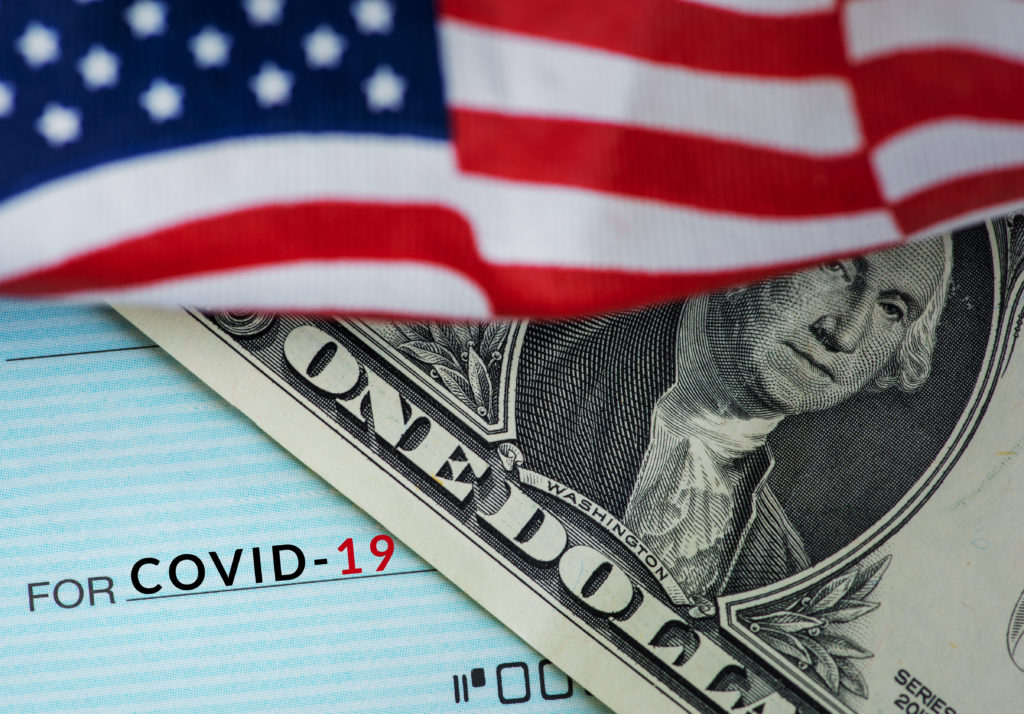Today, Congress formally passed yet another coronavirus relief package—legislation that is expected to be signed into law by President Biden. The $1.9 trillion stimulus package, known as the American Rescue Plan Act, includes elements like child tax credits, vaccine-distribution funding, and an extension of expanded unemployment benefits.
Additionally, some Americans will be receiving another round of stimulus checks. But the qualifications for who will receive the funds have changed since the last distribution. Here’s the latest information around the direct payments:
Who is eligible for checks?
The maximum amount a person can receive is $1,400, if they earn less than $75,000 annually. If an individual earns over $75,000 or more, the payments gradually phase out. If one earns above $80,000 individually or $160,000 as a married couple, you will not receive a check.
Will dependents receive checks?
Families and individuals who meet the income requirements will also receive $1,400 for dependents. A new addition to this package is that checks will be sent for dependents over the age of 17. Previously, funds were only provided for dependents under the age of 17.
When can you expect to receive the check?
Once signed by President Biden, the checks and direct deposits are expected to be sent out quickly. However, due to tax filing season, it’s possible the process could be delayed. Congress is pushing to have the funds sent before the end of the month. Depending on how you usually file taxes, the payment could come as a direct deposit into your bank account or could be delivered by mail.
What to do if you still haven’t received a previous check.
If you have yet to receive the last stimulus check of $600 that was passed in December or the first check of $1,200 that was distributed last spring, but are eligible, the money is still available. However, rather than a direct deposit or check, it’s available in the form of a tax credit. In order to claim it, you have to file a tax return–even if you don’t typically file.



